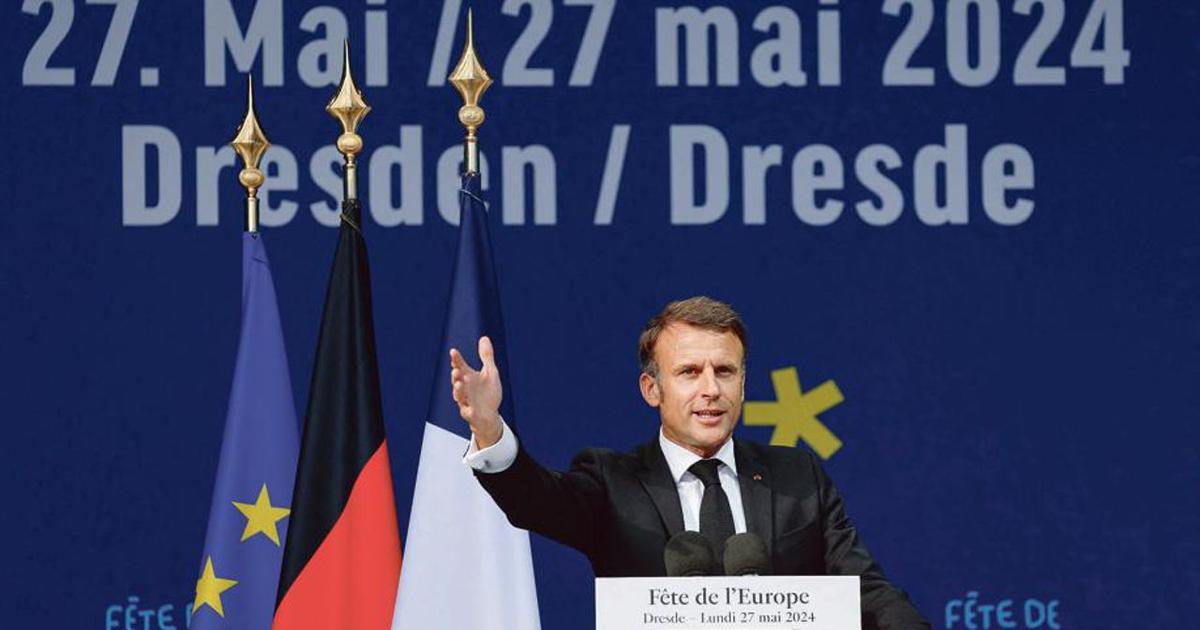Macron's European Mission: From Dresden to Münster
Emmanuel Macron is intensifying his efforts ahead of the European elections, delivering a critical speech in Dresden, Germany. This visit marks the first time a French president has visited East Germany since Jacques Chirac in 2000. Macron emphasized the need for strong European Union priorities while paying homage to the Frauenkirche, the symbolic church of Dresden, destroyed in February 1945 and rebuilt after reunification.
A Decisive Call Against Authoritarianism
The French president warned against the rise of far-right sentiments and authoritarian regimes across Europe. Speaking to a young European audience, Macron described the current period as an 'illiberal moment' and called for strong democratic vigilance. He highlighted the importance of European defense in face of escalating threats from Russia, urging Europe to contemplate its own security and defense strategies.
Economic Transformation and European Preference
Macron also addressed economic issues, advocating for a new growth paradigm that includes substantial investments in climate action and economic decarbonization. He urged Europe to abandon its 'naivety' in international trade and adopt a 'European preference' to better protect its economic interests. The president proposed doubling the EU budget either through increased budget size or by adopting common borrowing strategies.
The visit to Dresden is part of his broader campaign efforts, with Macron set to receive the International Peace Prize in Münster for his 'European commitment.'
- Macron's speech in front of the Frauenkirche highlighted the significant destruction Dresden faced during the Allied bombings and its subsequent revival as a symbol of unity.
- The French President's call for a stronger European defense strategy comes at a critical time, considering current geopolitical instabilities.
- By advocating for 'European preference,' Macron aims to establish rules that protect European industries from global competition while encouraging internal growth and sustainability.






